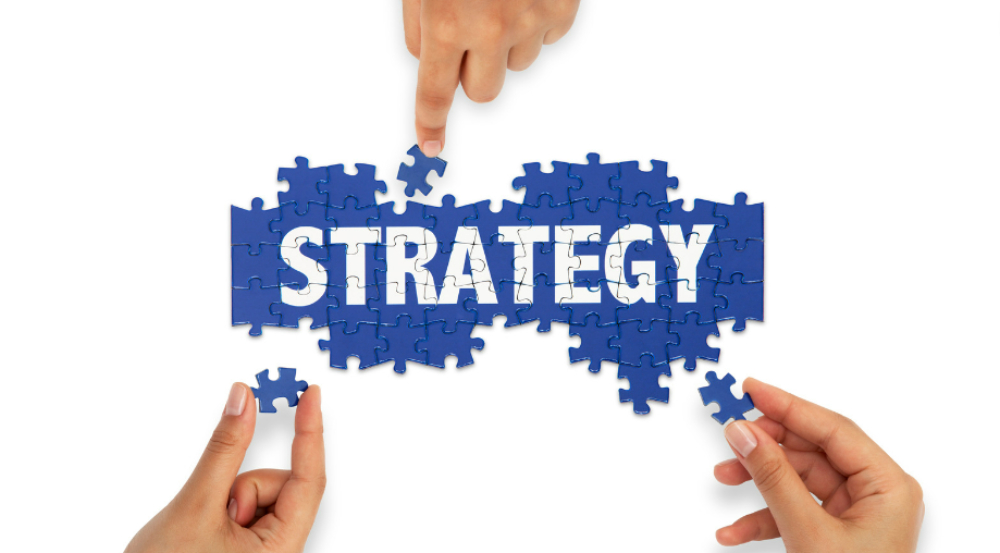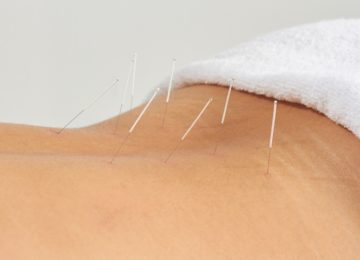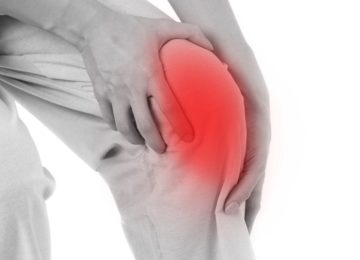As people age, their susceptibility to chronic pain increases, which can greatly impact overall quality of life. Elderly patients may face unique challenges in pain management due to age-related changes in their bodies and the presence of multiple medical conditions. Thus, it is essential to explore pain management strategies that enhance quality of life without causing significant side effects or complications. In this article, we will discuss several pain management approaches that can be beneficial for elderly patients in maintaining a healthy and energetic lifestyle.
Non-Pharmacological Pain Management Techniques
One effective way to manage pain is through non-pharmacological techniques. These methods include physical therapy, exercise, and complementary therapies, such as acupuncture, massage, and meditation. Regular exercise can help improve overall physical function and reduce pain, while complementary therapies like massage can provide relief from muscle tension and discomfort.
Incorporating these non-pharmacological approaches into an elderly patient’s daily routine can assist in managing pain without the need for medication. However, it is essential to consult a healthcare specialist before beginning any new exercise or therapy program.
Medication and Interventional Pain Management Techniques
When non-pharmacological approaches are not sufficient, medication and interventional pain management techniques may be necessary. Consulting experienced pain physicians in Omaha can ensure elderly patients access the right medical care and treatment tailored to their specific pain conditions.
Interventional pain management techniques include injections of medications, nerve blocks, or even minimally invasive surgeries. These procedures can provide significant pain relief for elderly patients but also require careful consideration and a thorough evaluation to determine the most appropriate treatment.
Caregiver Support and Patient Education
As pain management is a team effort, supportive family members and caregivers play an essential role in the process. In addition to following proper pain management strategies, it is crucial for caregivers to educate themselves about potential causes of pain in elderly patients, as well as management techniques and resources available to them. Being knowledgeable about the patient’s pain conditions and treatment options ensures better communication with healthcare providers and allows for more targeted support and assistance in pain management.
Conclusion
Pain management is a vital aspect of maintaining the quality of life for elderly patients. By incorporating a multidisciplinary approach, including non-pharmacological techniques, medication, interventional pain management, and caregiver support, elderly patients can experience improved pain control and a better overall quality of life. Utilizing the expertise of qualified pain management professionals can go a long way in ensuring elderly patients receive comprehensive and effective pain management doctor near me.












